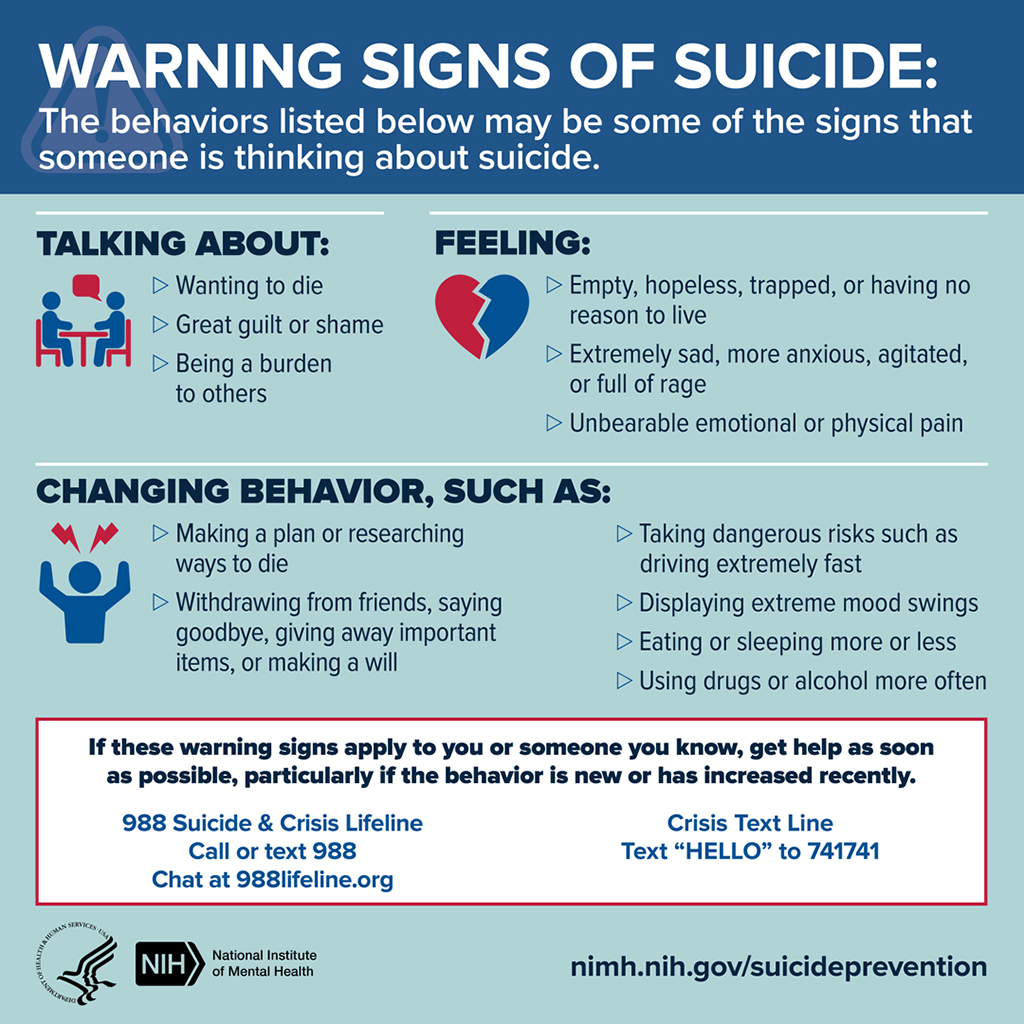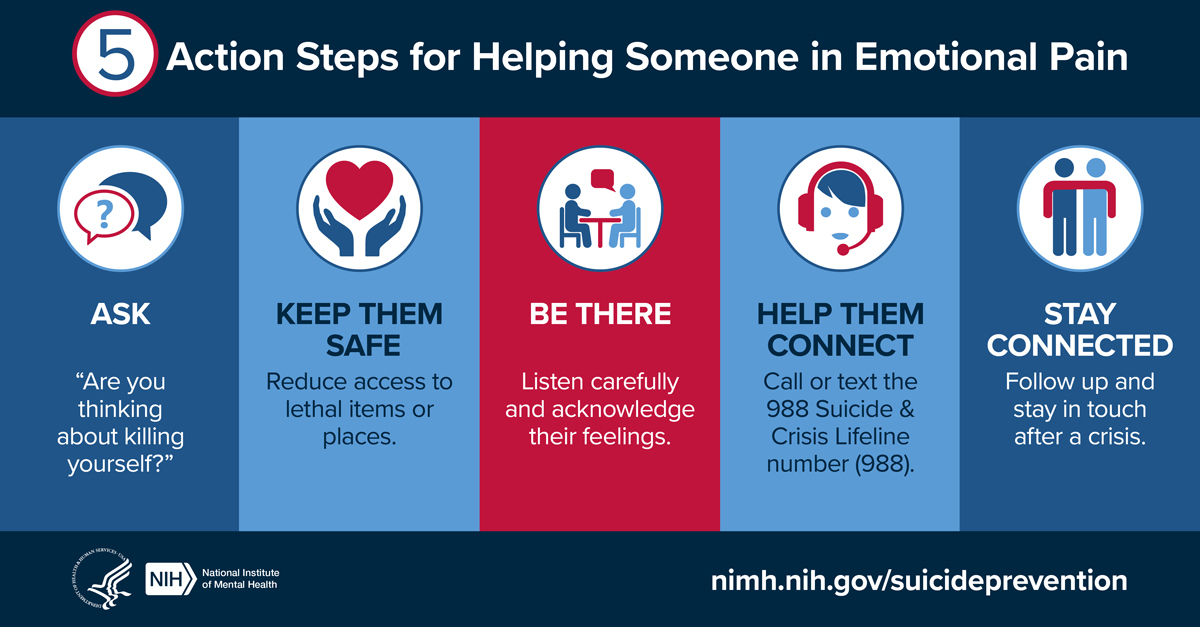
Suicide rates among military members continue to increase year after year.
In 2021, research found that 30,177 active duty personnel and veterans who served in the military after 9/11 have died by suicide - compared to the 7,057 service members killed in combat in those same 20 years. This fact is an important call to action; we can all play a role in reducing the risk of suicide by paying attention to those around us and seeking help when necessary. JKO is dedicated to sharing helpful resources and information to aid in the awareness and prevention of suicide.
JKO offers JS-US006 Joint Staff Suicide Awareness and Prevention. A one-hour ATRRS DL points course educating civilians and military personnel about the risk factors and warning signs of suicide so they can identify potential problems in themselves, their coworkers (whether civilian or military), and even family members.
In addition to training, it’s important to keep alert and watch for any signs of concerning behavior.

Service members who have one or more of the following factors may be at an increased risk:
Being a young, unmarried male
A recent return from deployment
Combat-related psychological injuries
Lack of advancement or career setback
A sense of a loss or honor, disciplinary actions
Relationship problems
Grief from loss
Heavy drinking or other substance use problems
Mental or medical health problems
Negative attitude toward getting help
SELF-CHECK QUIZ
If you or someone you know is experiencing signs of a mental health crisis, there are steps you can take. Contact a mental health professional or call the National Suicide Prevention Lifeline at 988, the Veteran’s crisis line at 1(800) 273-8255, or if the situation is severe, head to the closest ER or call for help.
